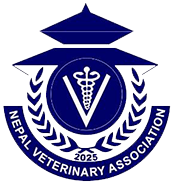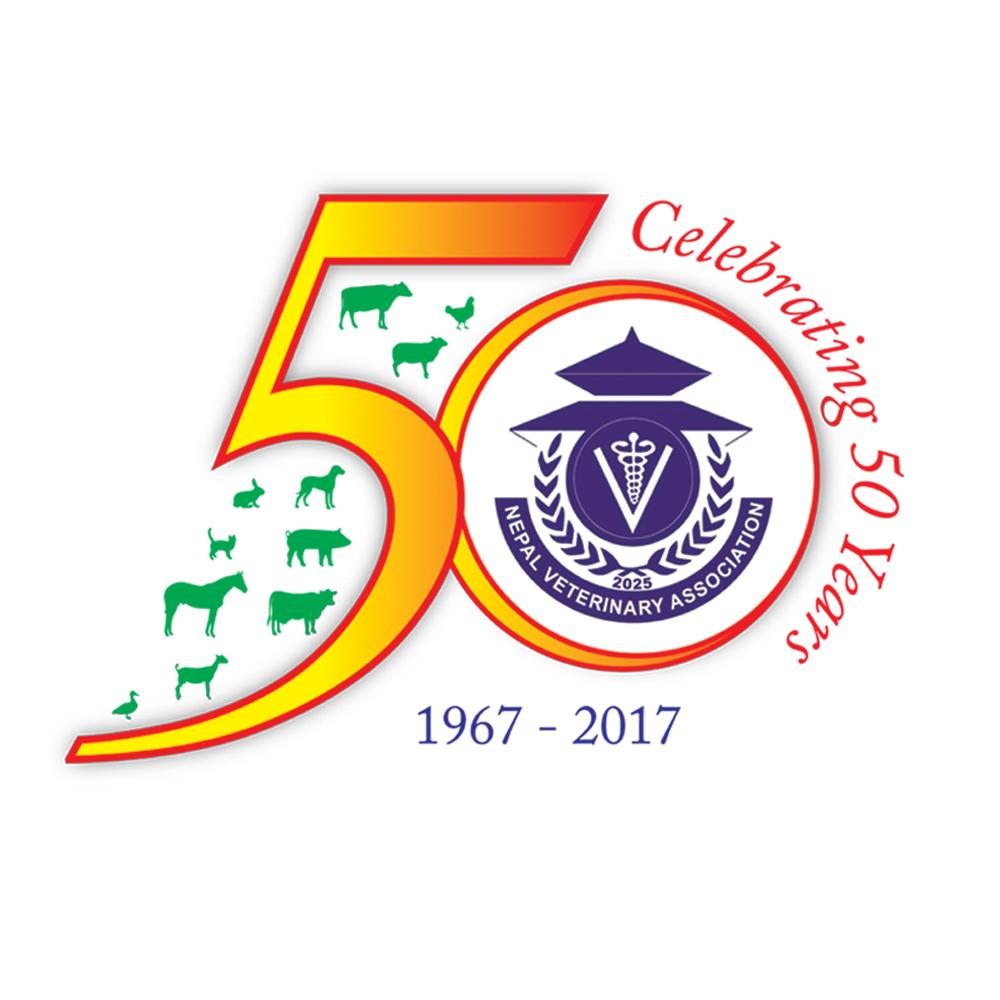President's Message
I am delighted to state a short overview of our association. Nepal Veterinary Association (NVA) is a solely scientific and professional organization of Nepalese veterinarians founded in June 25, 1967 (11th Ashad 2024 B.S.) in Kathmandu, and legally registered and recognized in Feb. 24, 1969 (13th Falgun 2025 B.S.) by govt. of Nepal. It aims to promote unity, harmony, cooperation among the professional members; share scientific knowledge, deliver quality animal health care and service to clients; top priority to its scientific and technical missions relating to the continuous updating of disease control methods; support and advocate for national livestock plan and animal welfare issues; strategically work for prevention, control and eradication of animals diseases; safeguard public health from zoonotic diseases and maintain the reputation and pride of vet profession in the society, country and all over the world.
The association was affiliated as national member of World Veterinary Association (WVA) on 1986 and Federation of Asian Veterinary Association (FAVA) on 1998. Presently, we are having about 964 member veterinarians including 29 foreign vets.
With the livestock sector contributing a major portion to the AGDP of Nepal, it is of prime importance that the veterinary professionals be able to address not only the direct animal health problems but also an overall increment in national production so that it can be a part of sustainable development of our country. Besides the fields like poverty reduction, zoonosis, wildlife care, animal welfare, and food security demand equal attentions from today’s veterinary professionals. The prevention and control of zoonoses by implementing OIE standards and guidelines linked to the WTO/SPS Agreement are an essential component of public health policies. We must also remember the considerable economic and social impact of animal diseases on the rural economy of our country and territories.
It is essential to form alliances with government, academic institution and research agencies, private line agencies as well as intergovernmental organizations such as the OIE, WTO, FAO, WHO, WVA and with relevant regional organizations to ensure food safety and animal welfare by improving crucial factor – animal health. To strengthen animal health and veterinary public health services through improved involvement of private veterinarians, is also considered important. Such links could take the form of contracts for the provision of specific services such as disease monitoring and surveillance, animal vaccination, food inspection and disease prevention and control.
Lastly, I would like to present my earnest support and well-wishes to all NVA members and well-wishers. Let us all put our hands together for professional developments.
Thanks!

